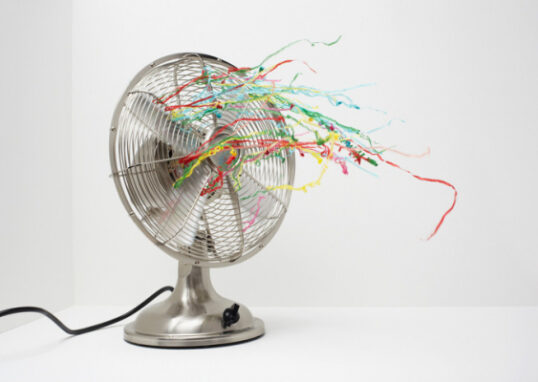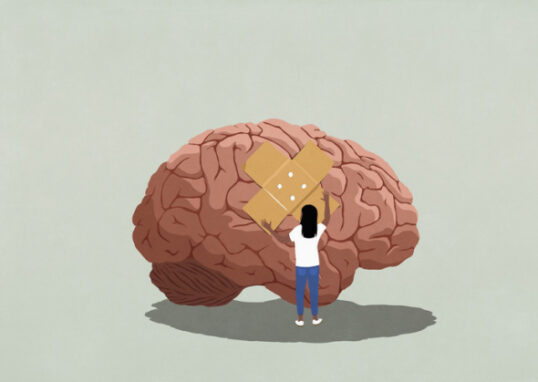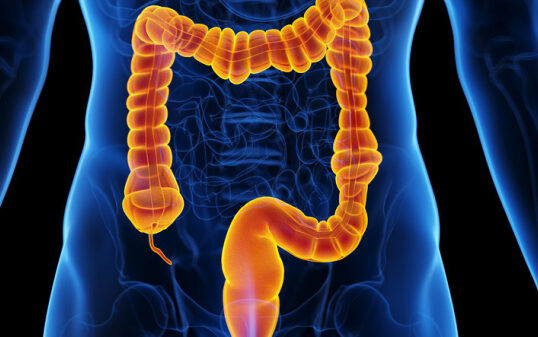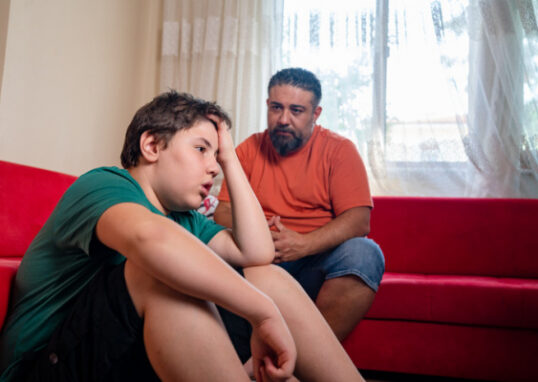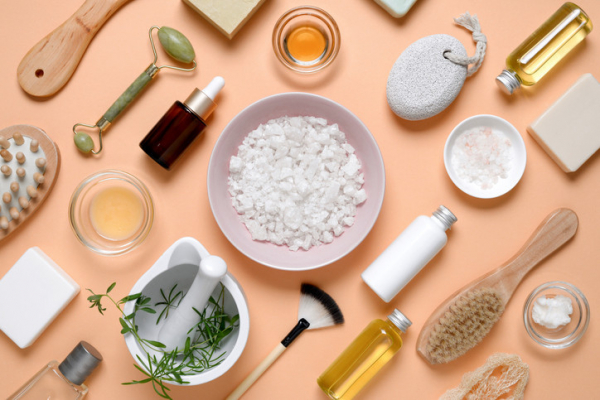

Social media and stores are full of products that promise perfect skin. Increasingly, these products are being marketed not just to adults but to teens and tweens. Many are benign, but some can cause skin irritation — and can be costly. And even if these products are benign, does buying them support unhealthy notions about appearance and beauty?
It’s worth looking at this from a medical perspective. Spoiler alert: for the most part teens and tweens do not need specialized skin products, especially expensive ones. But let’s talk about when they may make sense.
When can a specialized skin product help tweens and teens?
So, when should your child buy specialized skin products?
- When their doctor recommends it. If your child has a skin condition that is being treated by a doctor, such as eczema or psoriasis, over-the-counter skin products may help. For example, with eczema we generally recommend fragrance-free cleansers and moisturizers. Always ask your doctor which brands to choose, and get their advice on how best to use them.
- If they have dry and/or sensitive skin. Again, fragrance-free cleansers are a good idea (look for ones recommended for people with eczema). So are fragrance-free, non-irritating moisturizers (look for creams and ointments rather than lotions, as they will be more effective for dry skin). If you have questions, or if the products you are buying aren’t helping, check in with your doctor.
What about skin products for acne?
It’s pretty rare to go through adolescence without a pimple. Many teens aren’t bothered by them, but if your child is bothered by their pimples or has a lot of them, it may be helpful to buy some acne products at your local pharmacy.
- Mild cleansers tend to be better than cleansers containing alcohol. You may want to check out cleansers intended for dry skin or eczema.
- Over-the-counter acne treatments usually contain benzoyl peroxide, salicylic acid, azelaic acid, or alpha-hydroxy acids. Adapalene can be helpful for more stubborn pimples.
- Steer away from astringents or exfoliants, which tend to irritate the skin.
- Talk to your doctor about what makes the most sense for your child — and definitely talk to them if over-the-counter products aren’t helpful. There are many acne treatments available by prescription.
Ask questions and help dispel myths
If your teen or tween doesn’t fall into one of these groups, chances are they don’t need anything but plain old soap and water and the occasional moisturizer if their skin gets dry.
If your child has normal, healthy skin yet is asking for or buying specialized skin products, ask them why. Do your best to dispel the inevitable marketing myths — like that the products will prevent problems they do not have. Let them know that should a problem arise, you will work with them — with the advice of their doctor — to find and buy the best products.
Use it as an opportunity, too, to talk about self-image and how it can be influenced by outside factors. This is an important conversation to have whether or not your child is pining for the latest cleanser they see on Instagram. Helping your child see their own beauty and strengths is a key part of parenting, especially for a generation raised on social media.
About the Author

Claire McCarthy, MD, Senior Faculty Editor, Harvard Health Publishing
Claire McCarthy, MD, is a primary care pediatrician at Boston Children’s Hospital, and an assistant professor of pediatrics at Harvard Medical School. In addition to being a senior faculty editor for Harvard Health Publishing, Dr. McCarthy … See Full Bio View all posts by Claire McCarthy, MD
